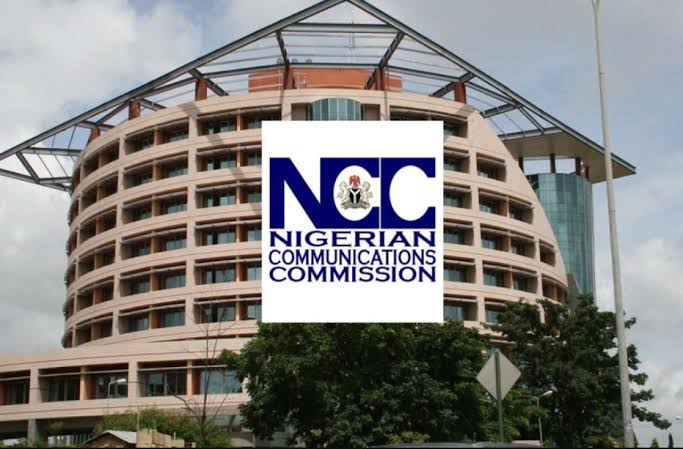The Nigerian Communications Commission (NCC) has taken a significant step toward regulating the growing Application-to-Person (A2P) messaging sector with the introduction of a Draft A2P Licensing Framework.
This development was unveiled during a Virtual Stakeholders’ Forum held on December 20, 2024.
The forum, chaired by NCC’s Acting Head of Legal & Regulatory Services, Mrs. Chizua Whyte, who delivered the keynote address on behalf of the Executive Vice Chairman (EVC), Dr. Aminu Maida, emphasized the need for a secure and transparent regulatory environment for A2P messaging.
Addressing challenges in A2P messaging
The EVC’s speech highlighted the vital role of A2P messaging in modern communication, serving industries from banking and healthcare to government and marketing.
However, the sector faces persistent challenges, including fraud, spam, data breaches, and unequal distribution of value among players.
“These challenges threaten the sustainability and growth of A2P messaging in Nigeria. This forum serves as a critical platform to address these issues collaboratively,” Mrs. Whyte stated.
The framework seeks to ensure consumer protection, promote fair competition, and create an enabling environment for businesses to thrive in the sector.
Key licensing framework provisions
During the forum, an overview of the licensing framework was presented by Mrs. Truddy Tony-Awusaku, Assistant Director of Licensing and Authorization at NCC. The proposed framework includes:
License Fee: ₦10,000,000 for a renewable five-year license.
Technical Requirements: Integration with centralized SMS firewalls and fraud detection systems.
Compliance: Adherence to Nigerian Data Protection Regulations and submission of traffic, revenue, and quality reports.
Sanctions for Non-Compliance: Fines, suspension, or license revocation for breaches.
Collaborative rulemaking
The NCC underscored its participatory approach to policymaking, with plans to continue engaging stakeholders in refining the draft framework.
The forum featured discussions on feedback from licensees and deliberations on operational challenges.
“This is just the beginning of the process. We will continue to work with stakeholders to create a robust framework that aligns with global best practices,” Mrs Whyte assured participants.
Benefits for stakeholders
The NCC highlighted several benefits of the licensing framework, including:
Enhanced user trust through stronger security and privacy measures.
Greater transparency and fairness in industry practices.
Economic growth through improved revenue retention and market oversight.
Commitment to innovation, growth
The forum concluded with a call for constructive engagement from stakeholders. “Our goal is to build an ecosystem that drives innovation, protects consumers, and supports sustainable growth,” Mrs. Whyte emphasized.
The NCC reaffirmed its dedication to fostering a vibrant telecommunications industry, ensuring A2P messaging becomes a secure and indispensable tool for communication in Nigeria.
